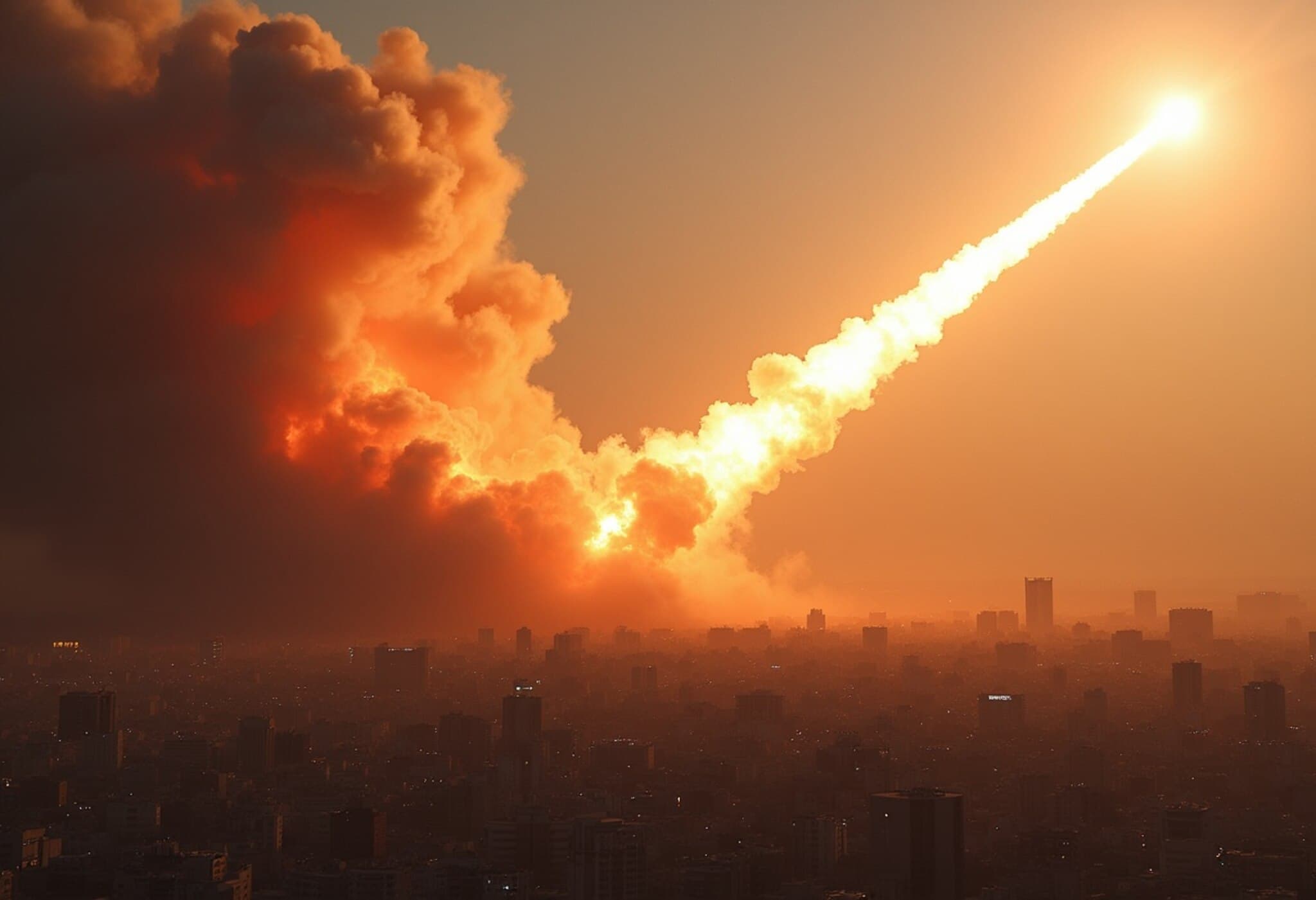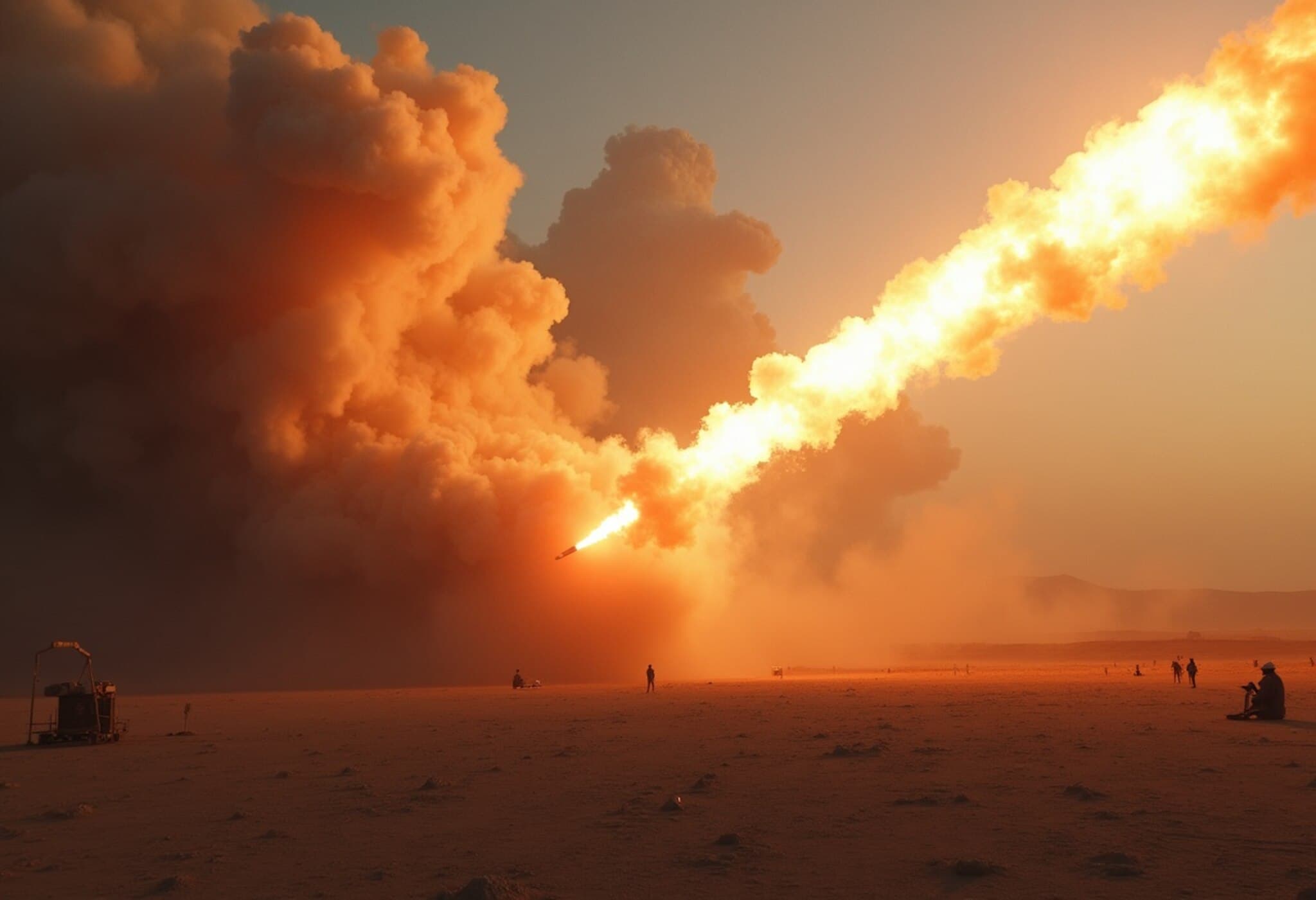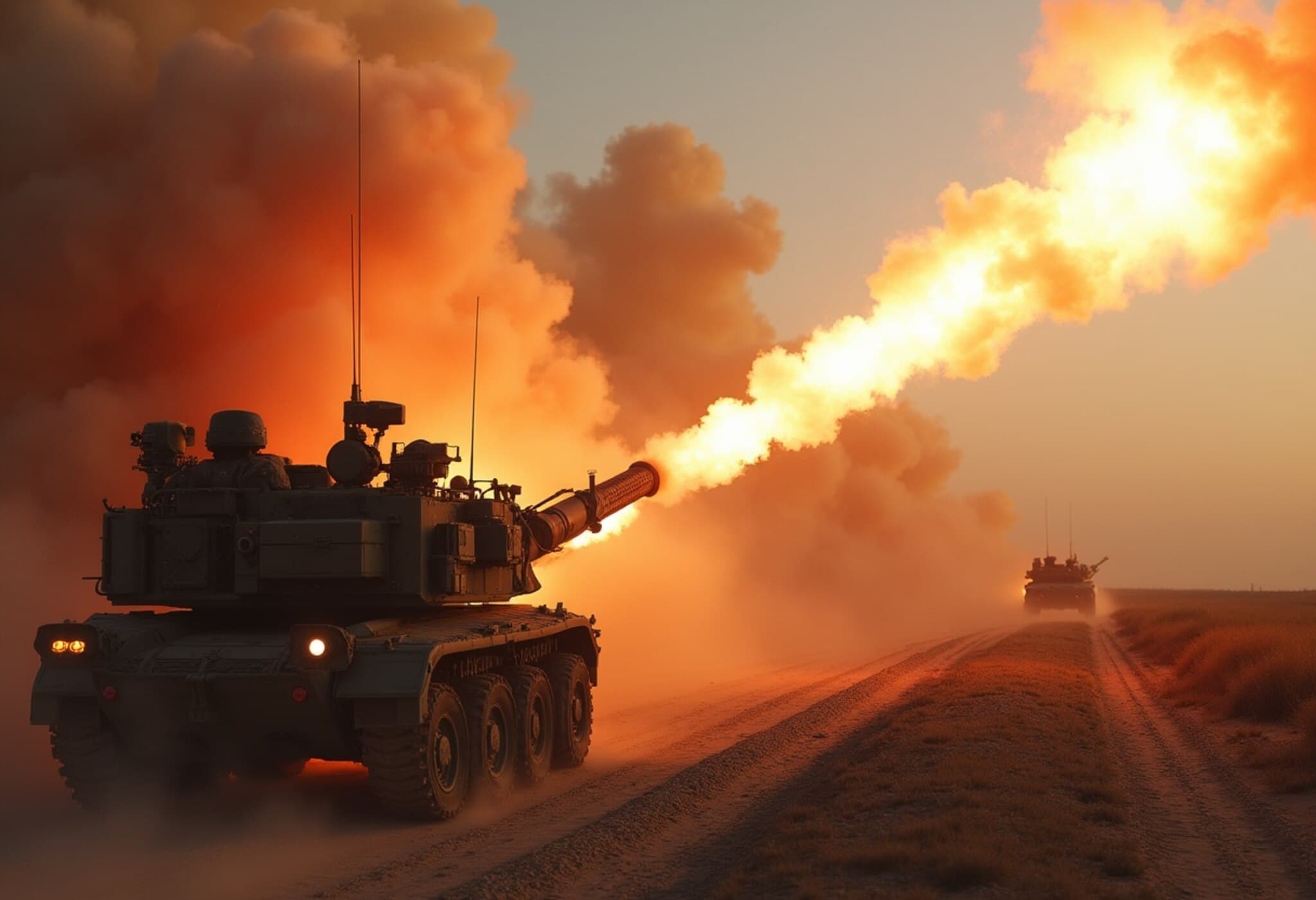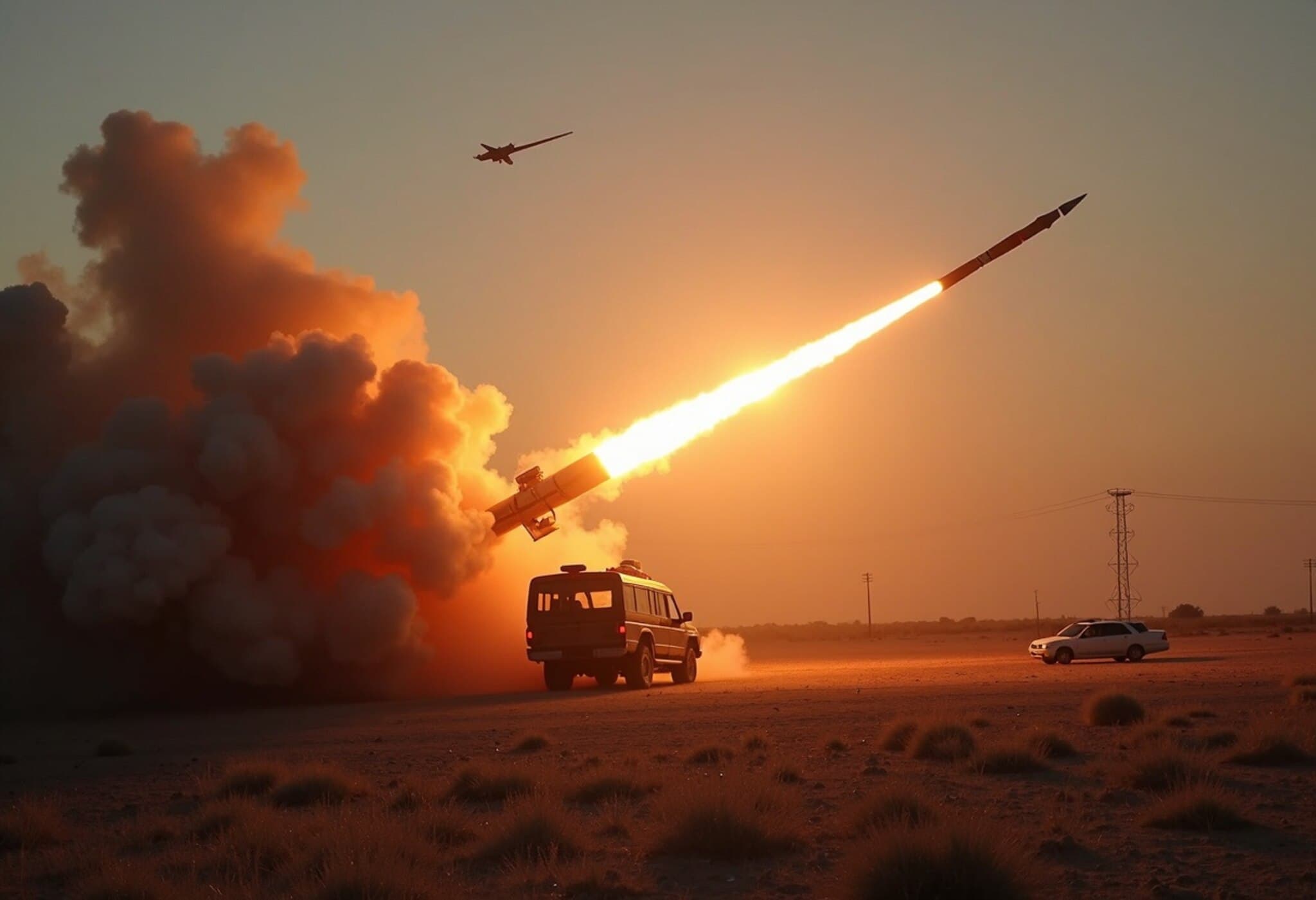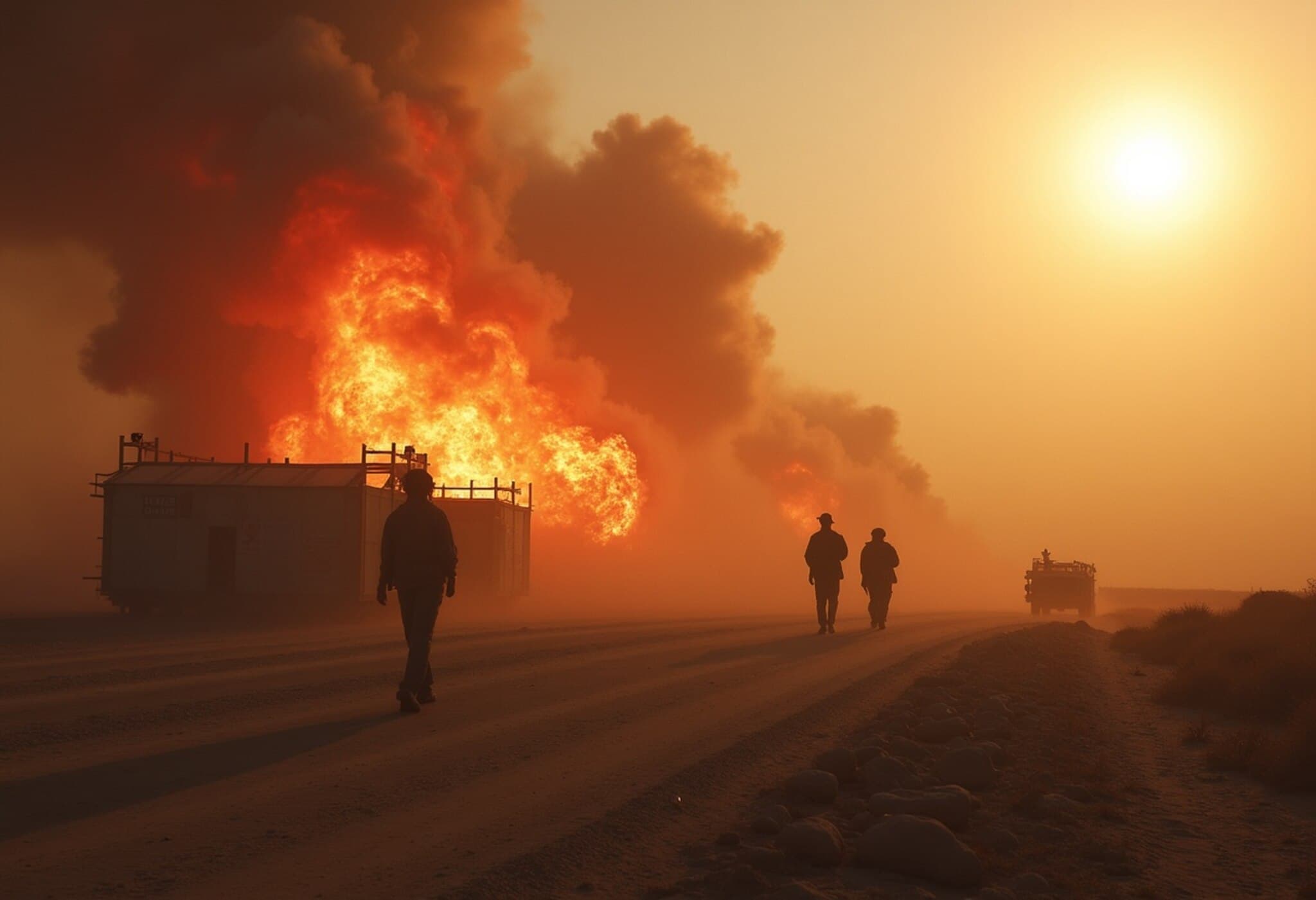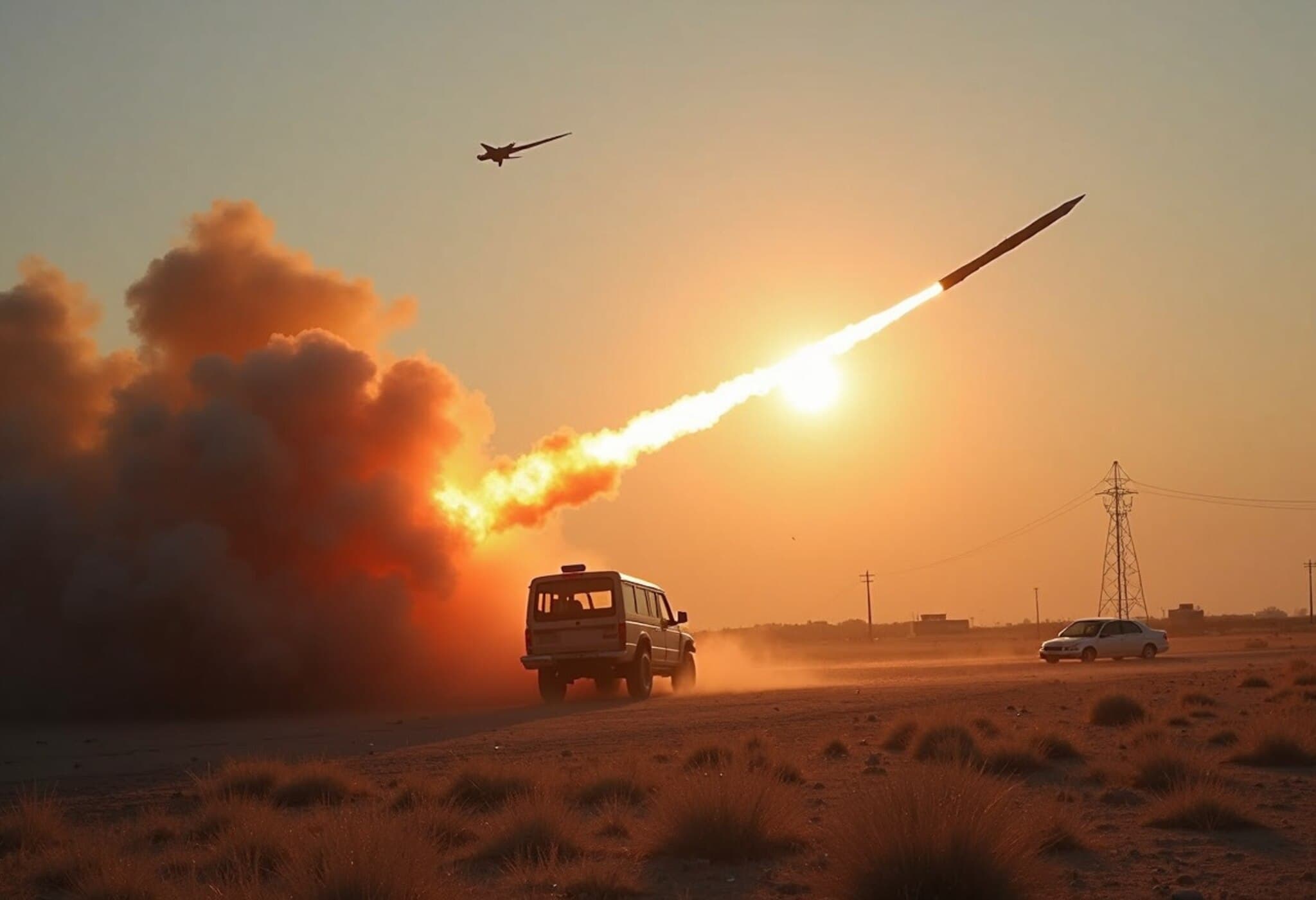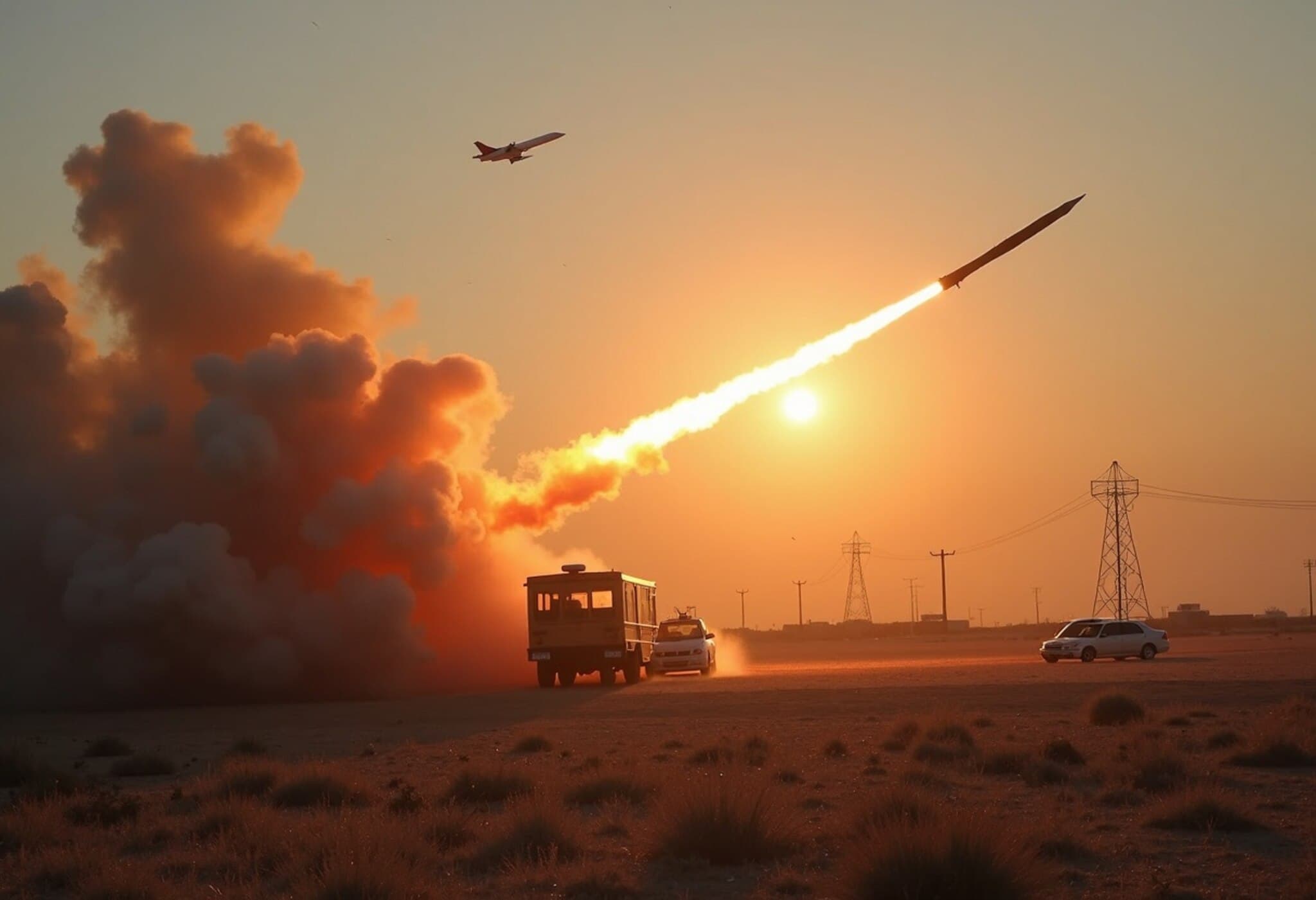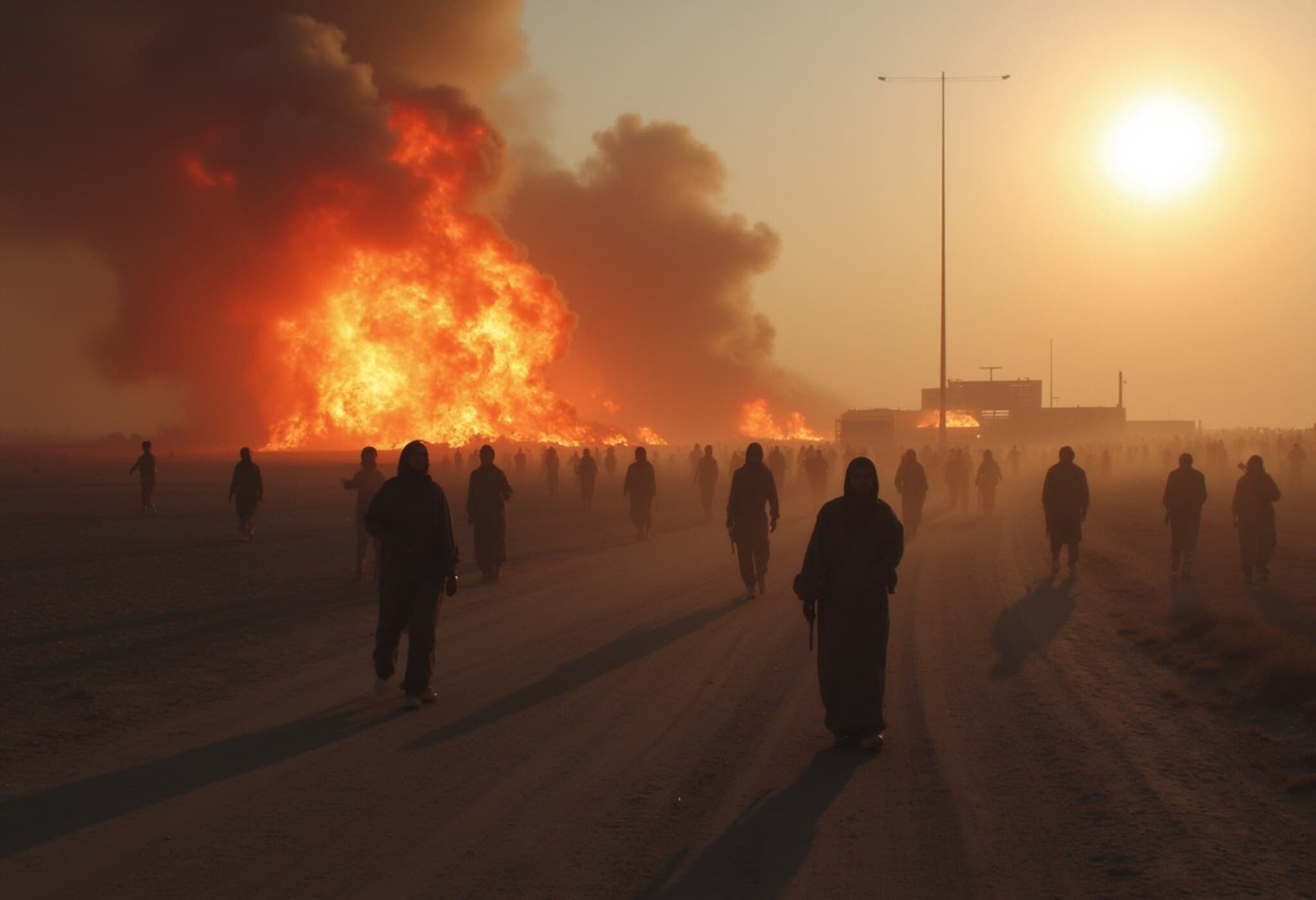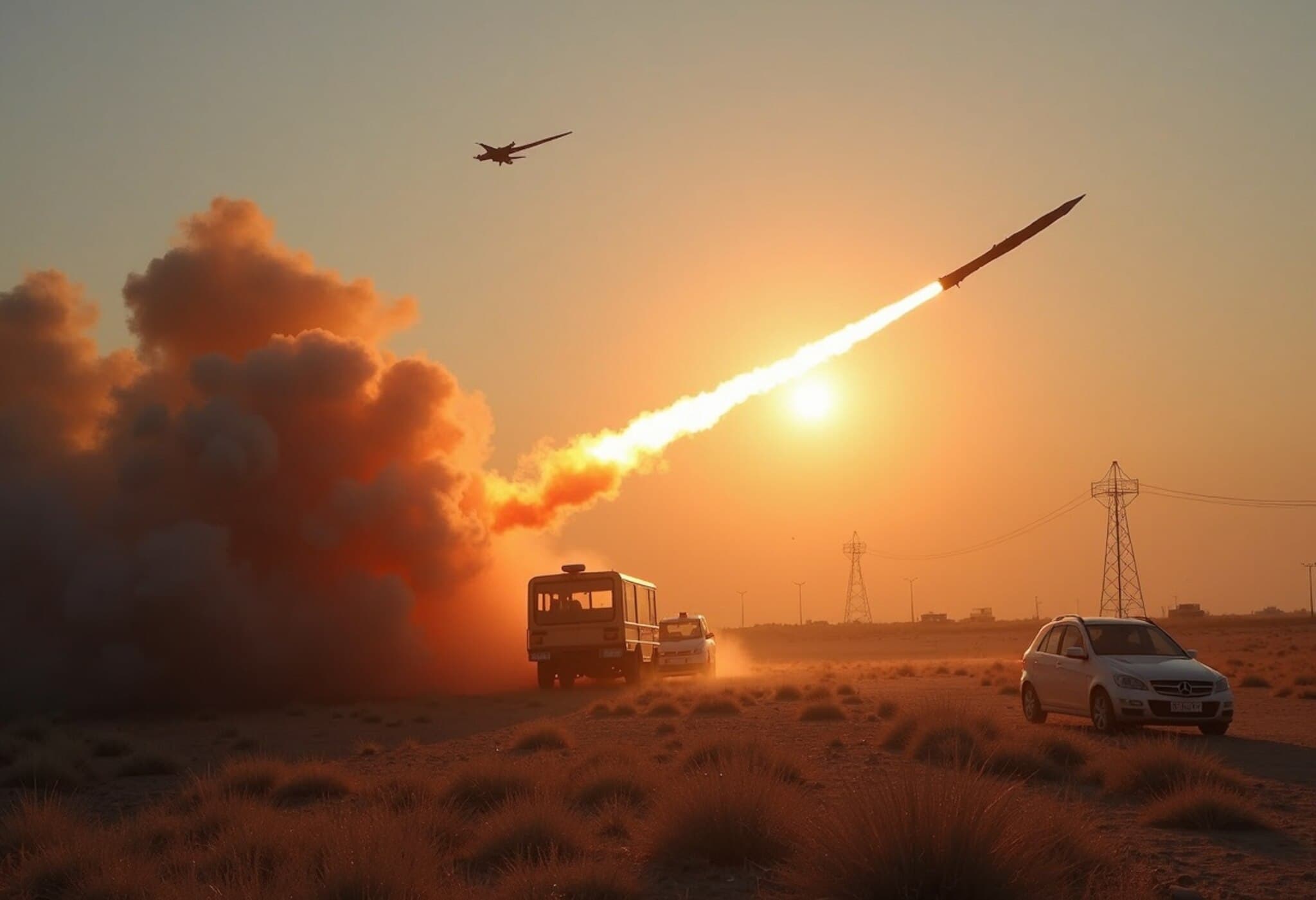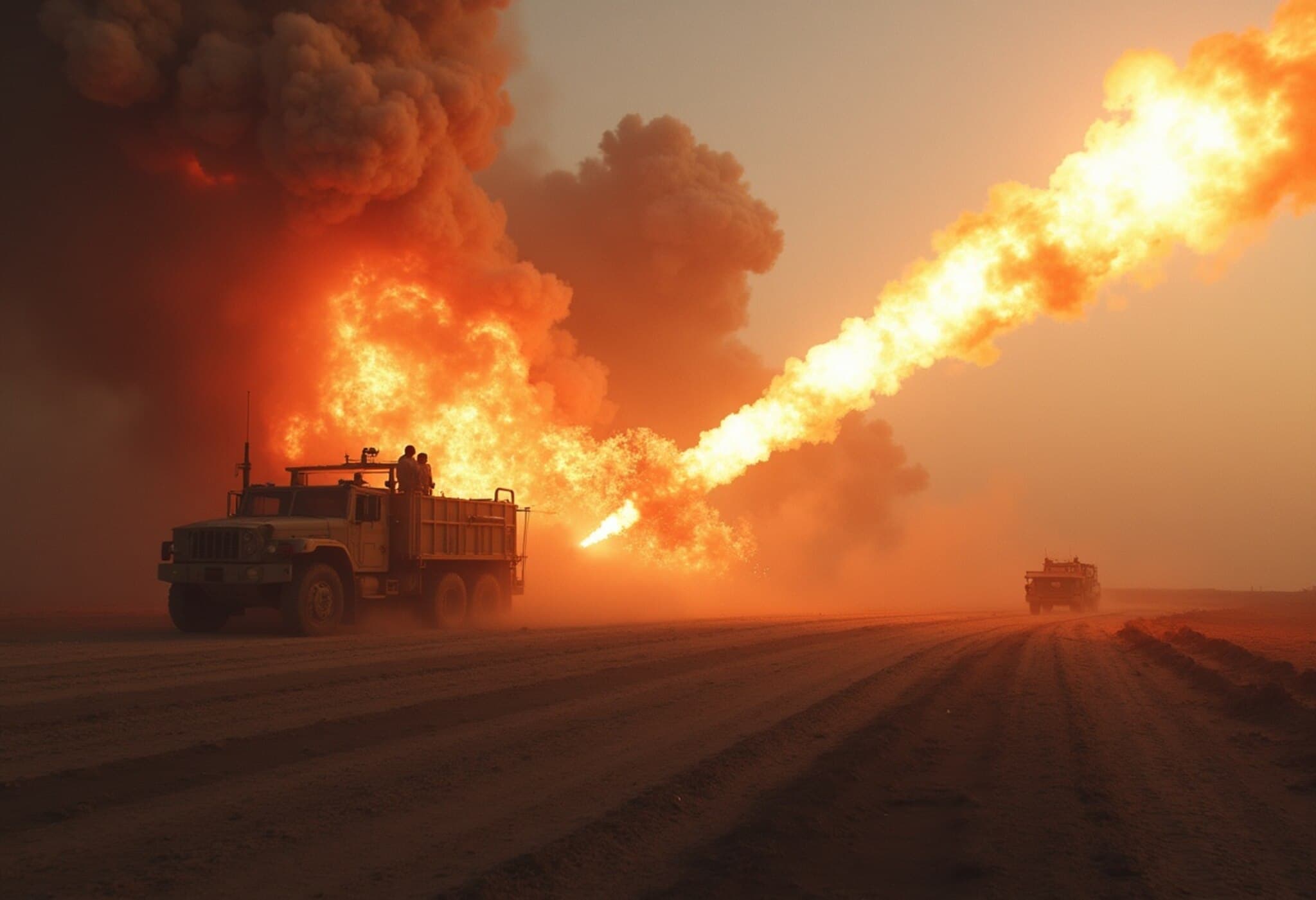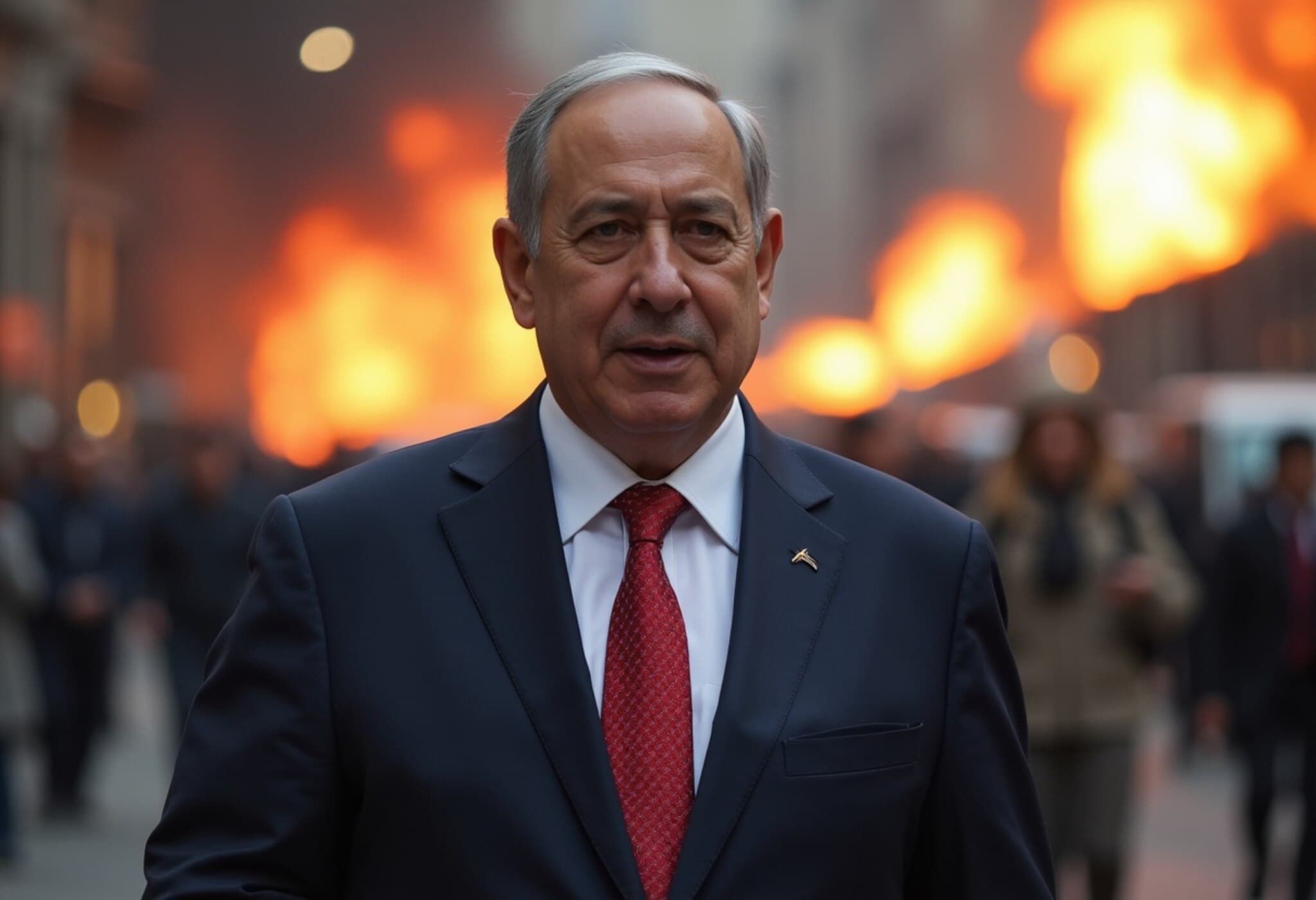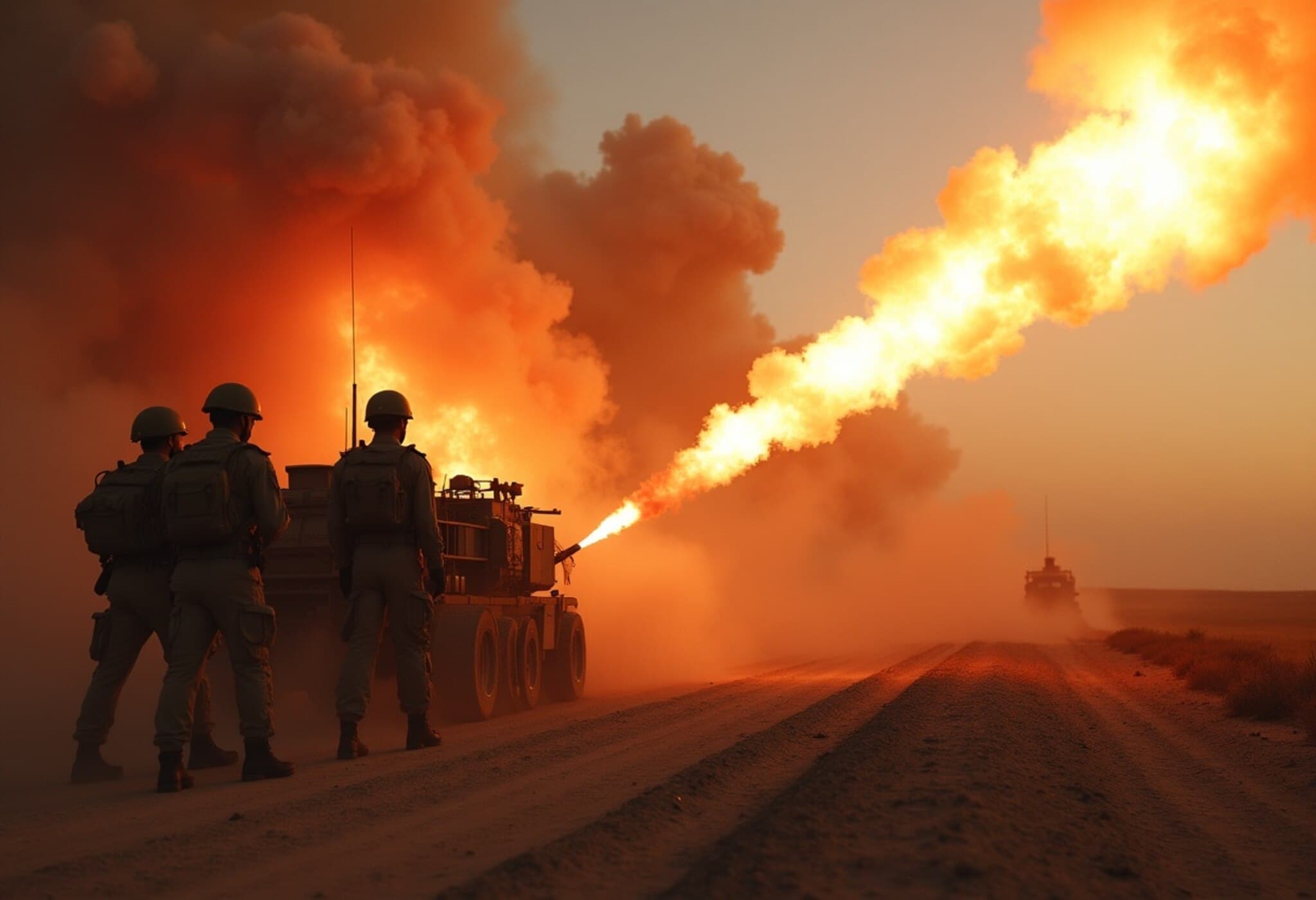Middle East on Edge as Missile Attacks Intensify Between Israel and Iran
Early Saturday witnessed a sharp escalation in tensions between Israel and Iran, marked by multiple waves of missile strikes exchanged between the two nations. Israel's largest offensive to date aims to thwart Iran's nuclear ambitions, pushing the region into a critical state of alert.
Top 10 Key Developments in the Conflict
- Air Raid Sirens Wail in Major Israeli Cities: Before dawn, sirens blared across Tel Aviv and Jerusalem, Israel’s two largest cities, with residents scrambling for cover as a precautionary response to incoming threats.
- Iran Fires Dozens of Missiles: Israeli defense forces reported intercepting some missiles launched by Iran, though exact casualty figures remain undisclosed. Rescue operations are underway at multiple reported impact sites.
- Missile Impact Reported in Tel Aviv: A suspected missile reportedly landed in Tel Aviv, while a loud explosion was heard in Jerusalem. It remains unclear whether these resulted from Iranian strikes or Israel’s defense systems.
- Warnings from Both Nations’ Leaders: Israeli Prime Minister warned Tehran that "more is on the way" following Israel’s attacks, while Iran’s Supreme Leader declared that their response will be forceful and uncompromising, accusing Israel of initiating the conflict.
- Explosions in Tehran: Tehran itself reportedly experienced explosions early Saturday amidst ongoing exchanges of airstrikes.
- Iran Launches Multiple Airstrike Waves: Following two attack rounds Friday night, Iran conducted a third round of airstrikes targeting Israeli infrastructure in retaliation for Israel’s targeting of Iranian military and nuclear sites the previous day.
- Rhetoric Escalates: Iran’s leadership emphasized that no part of Israel would remain safe and promised a severe retaliation in response to the ongoing hostilities.
- Casualty Reports Emerge: Israeli ambulance services confirmed that 34 people were injured Friday night near Tel Aviv, primarily with minor wounds, but police later confirmed one fatality.
- U.S. Involvement in Missile Defense: U.S. forces assisted in shooting down Iranian missiles aimed at Israel. Meanwhile, the U.S. administration stated that Iran still has the option to negotiate and halt the Israeli bombing through a diplomatic solution.
- Regional Stability at Risk: The sharp escalation feeds fears of a wider regional conflict. While key Iranian allies such as Hamas in Gaza and Hezbollah in Lebanon have been diminished by Israel, concerns about further unrest persist.
What Lies Ahead for the Middle East?
This latest exchange of missile fire highlights the fragile security situation in the Middle East, where years-long animosity between Israel and Iran show no signs of abating. With both sides demonstrating military might and issuing stern warnings, the risk of a broader regional escalation looms large. As diplomatic avenues remain uncertain, the international community watches closely, aware of the potential consequences for global peace and stability.

